On 12 June, a judge sentenced a 44-year old woman to 28 months in prison for aborting a ‘late-term’ pregnancy. The woman, a mother-of-three, allegedly received abortion pills through the “pills by post” scheme introduced during the first coronavirus (Covid-19) lockdown in 2020.
Abortion: criminalised under an archaic act
The legal case for the prosecution was possible because the woman pleaded guilty to an offence under the Offences against the Person Act (OAPA). This is an archaic piece of legislation from 1861 which is supposed to ‘protect children in-utero’ by making abortion a criminal offence if a woman:
with intent to procure her own miscarriage, shall unlawfully administer to herself any poison or other noxious thing”.
In the UK, abortion is only legal up to the 24th week of pregnancy. However, coronavirus changed this.
People who were pregnant could receive a remote consultation with the British Pregnancy Advisory Service (BPAS). The woman followed this process to obtain the pills. Prosecutors say that she ‘misled’ the BPAS by suggesting she was earlier than 10-weeks pregnant. They alleged she ‘believed’ she was closer to 28-weeks. However, much of this claim seems to come from internet searches made on Google.
Google searches as evidence
In the sentencing remarks, the judge – Justice Pepperall – said:
Messages found on your phone indicate that you had known of your pregnancy for about three months on 1 February 2020. By mid-February, you were conducting internet searches on ways to induce a miscarriage. By the end of February, you were searching for abortion services. Your search on 25 February indicated that you then believed that you were 23 weeks pregnant. Your internet searches continued sporadically through March and April 2020. On 24 April, you searched “I need to have an abortion but I’m past 24 weeks.”
The assertion that the evidence of searches on Google proves her dishonesty reveals the thorny overlap between data privacy rights and abortion rights – the right to privacy and the right to choose.
Searches for health information online, regarding abortions or any other health-related matter for that instance, have no business being admissible evidence in law. However, conglomerate tech companies have normalised the collection and storing of data, along with web trackers and targeted ads. So, the economic underpinning of companies like Google results in fresh surveillance opportunities for law enforcement.
The burden of proof
In the US, we can see this intersection more recently in the overturning of Roe V Wade.
US law enforcement can subpoena data collected by period apps. Then, they can use that data as ‘evidence’ of a terminated pregnancy because of the Supreme Court’s reversal of Roe, along with states’ subsequent criminalisation of abortion. The issue here is with Google searches being considered indicative of knowing exactly how far along someone is.
I use Google to search for all kinds of things. I have often searched “how to know if you are pregnant” or “what to do if your period is 7-days late.” If I was pregnant at the time, this doesn’t prove that I know exactly how many weeks along I am. Nevertheless, it seems as though the woman’s search history influenced the sentencing.
On 9 May, you took mifepristone. That same day you conducted internet searches suggesting that you were 28 weeks pregnant.
What we search, click, and share online is not private. We make use of private companies to manage our personal lives. However, because of this we have no protections when it comes to online privacy, law enforcement, and in this case the criminalisation of abortion.
Legalising misogyny via state surveillance
You may think that the government is not legally allowed to track private citizens. However, there are legislative provisions under the 2016 Investigatory Powers Act that do in fact enable it to do so. Liberty, the UK’s largest civil society organisation, noted that this:
Act grants [the government] wide-ranging powers to scoop up and store all of our emails, texts, calls, location data and internet history. They can also hack into our phones and computers and create large ‘personal datasets’ on us – all without needing to suspect us of any criminal wrongdoing.
Our online lives are not separate from our offline lives. Women and other marginalised genders already suffer from the chilling effect that online harassment and abuse causes. This readily results in them choosing not to participate in social media.
The criminalisation of abortion, and the use of search histories as surveillance, set a disturbing precedent for safe access to abortion for British citizens – and feed directly into misogynistic attempts to silence and control women.
Featured image via Mikayla Mallek on Unsplash
This post was originally published on Canary.

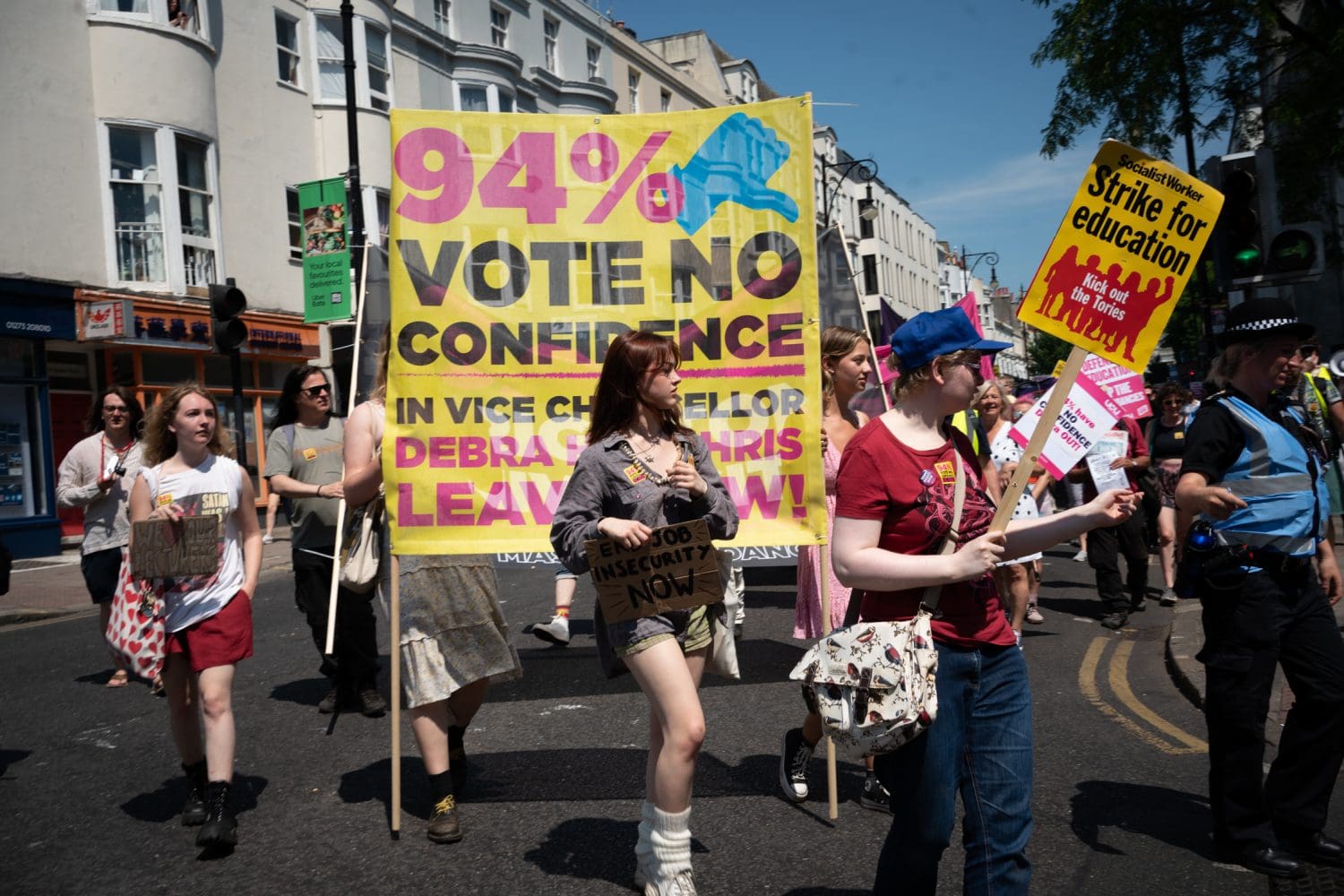
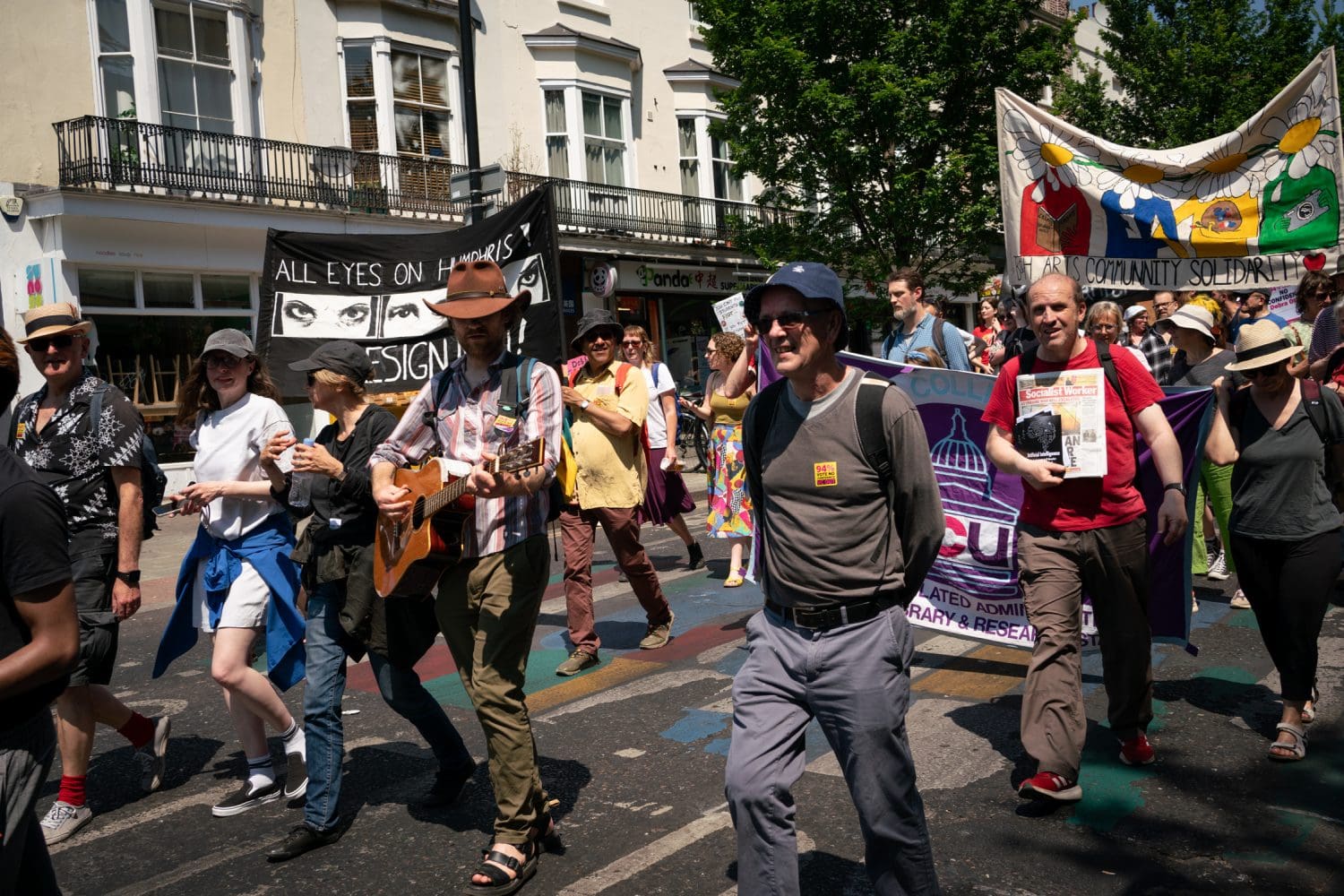

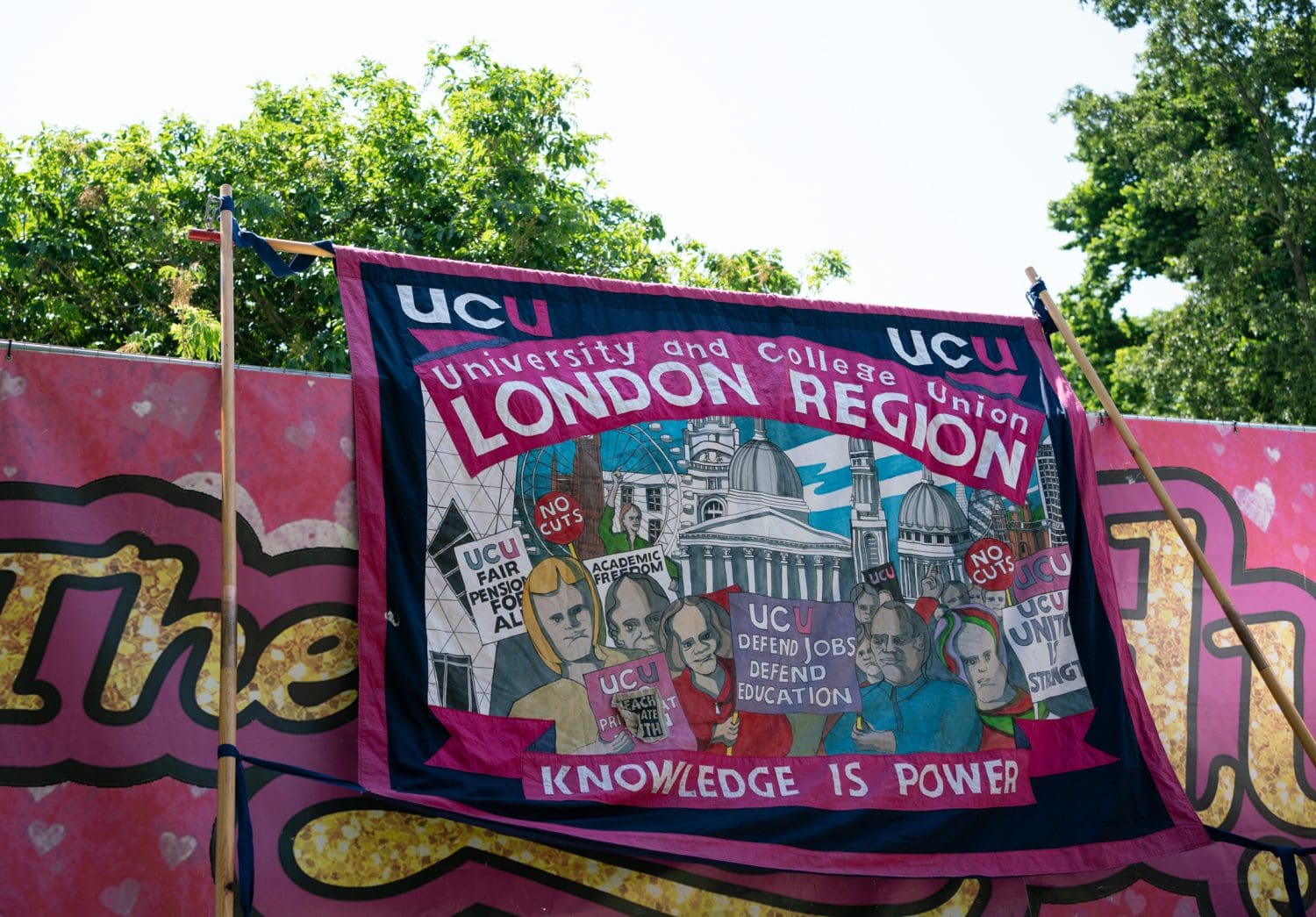


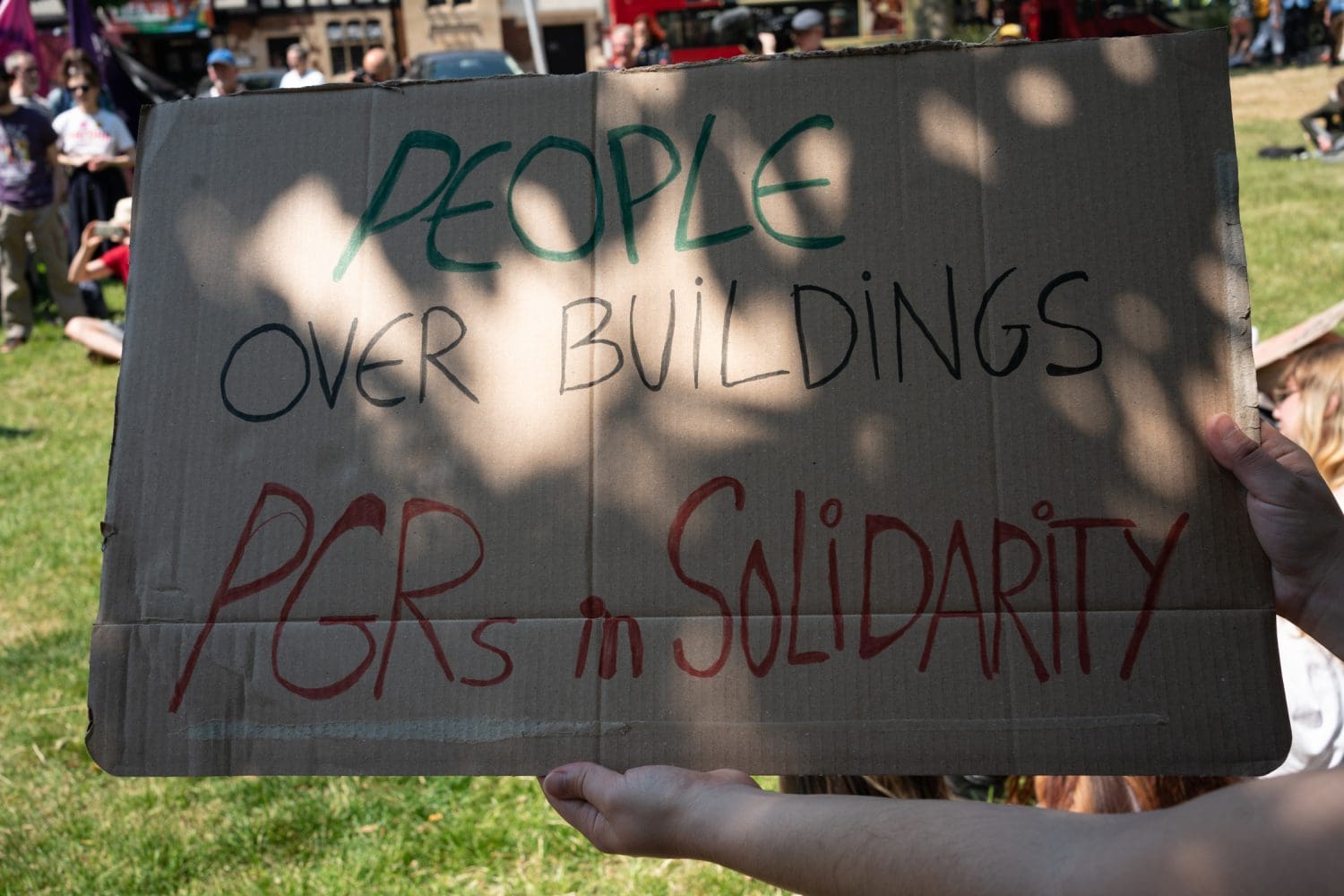
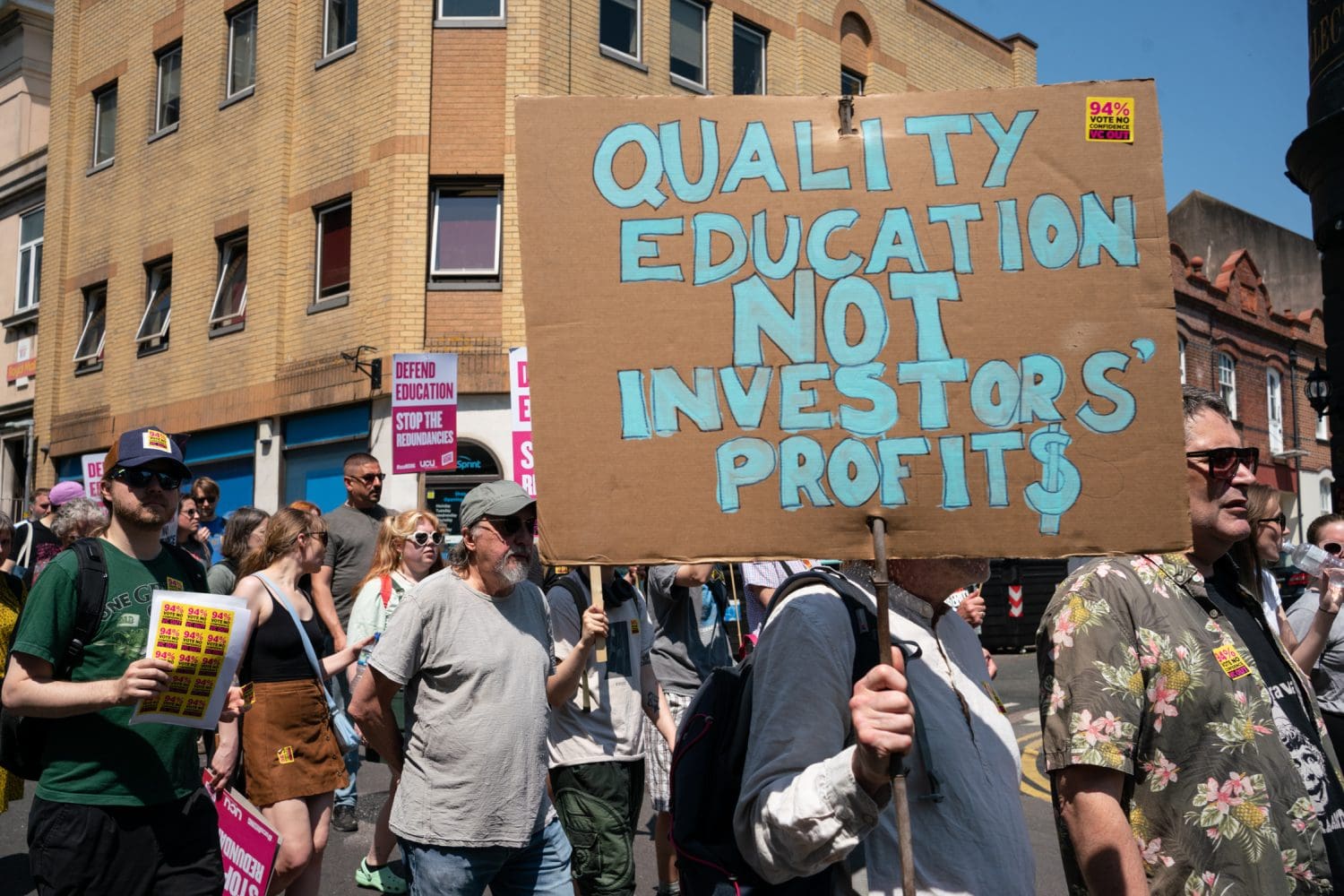
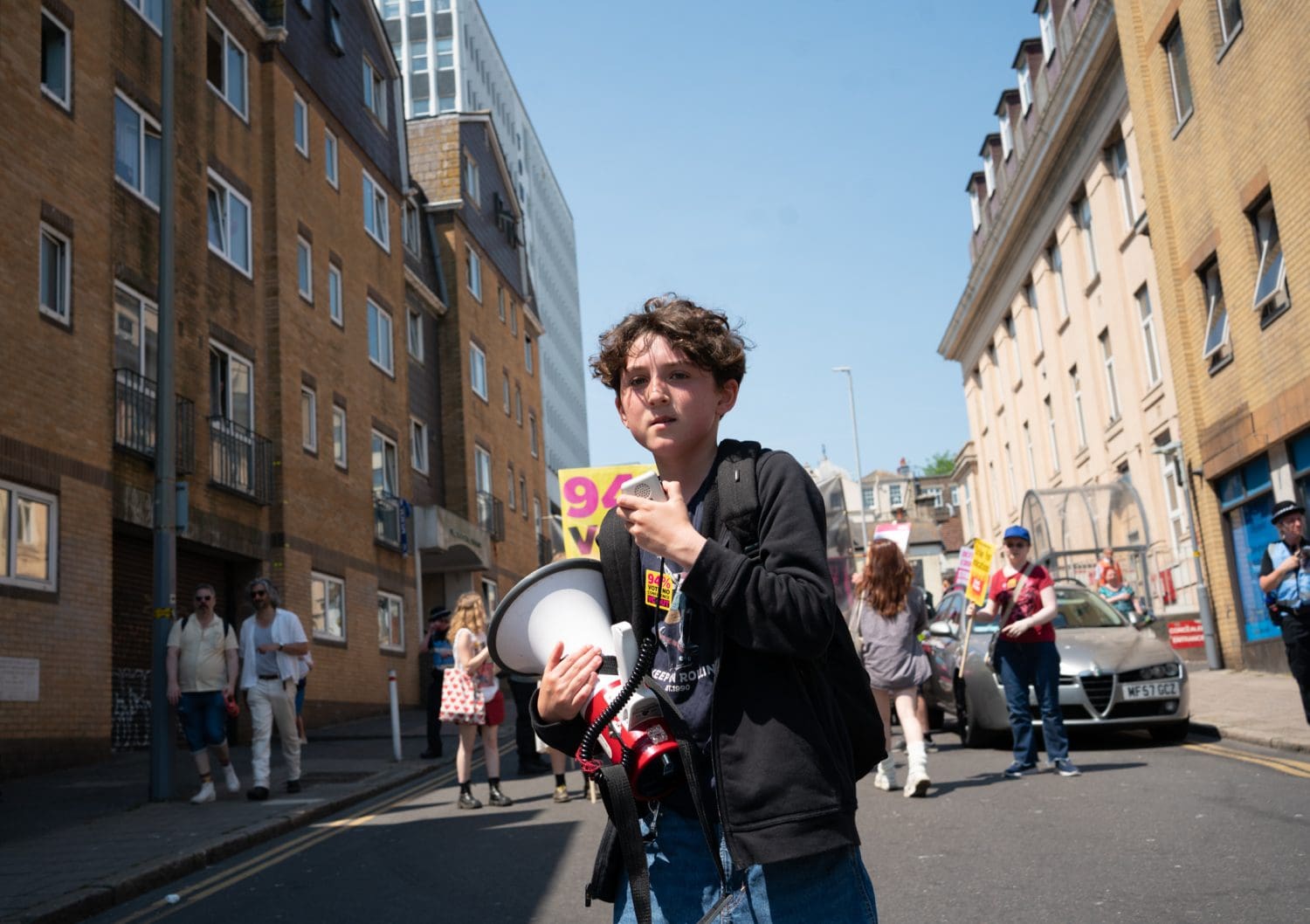
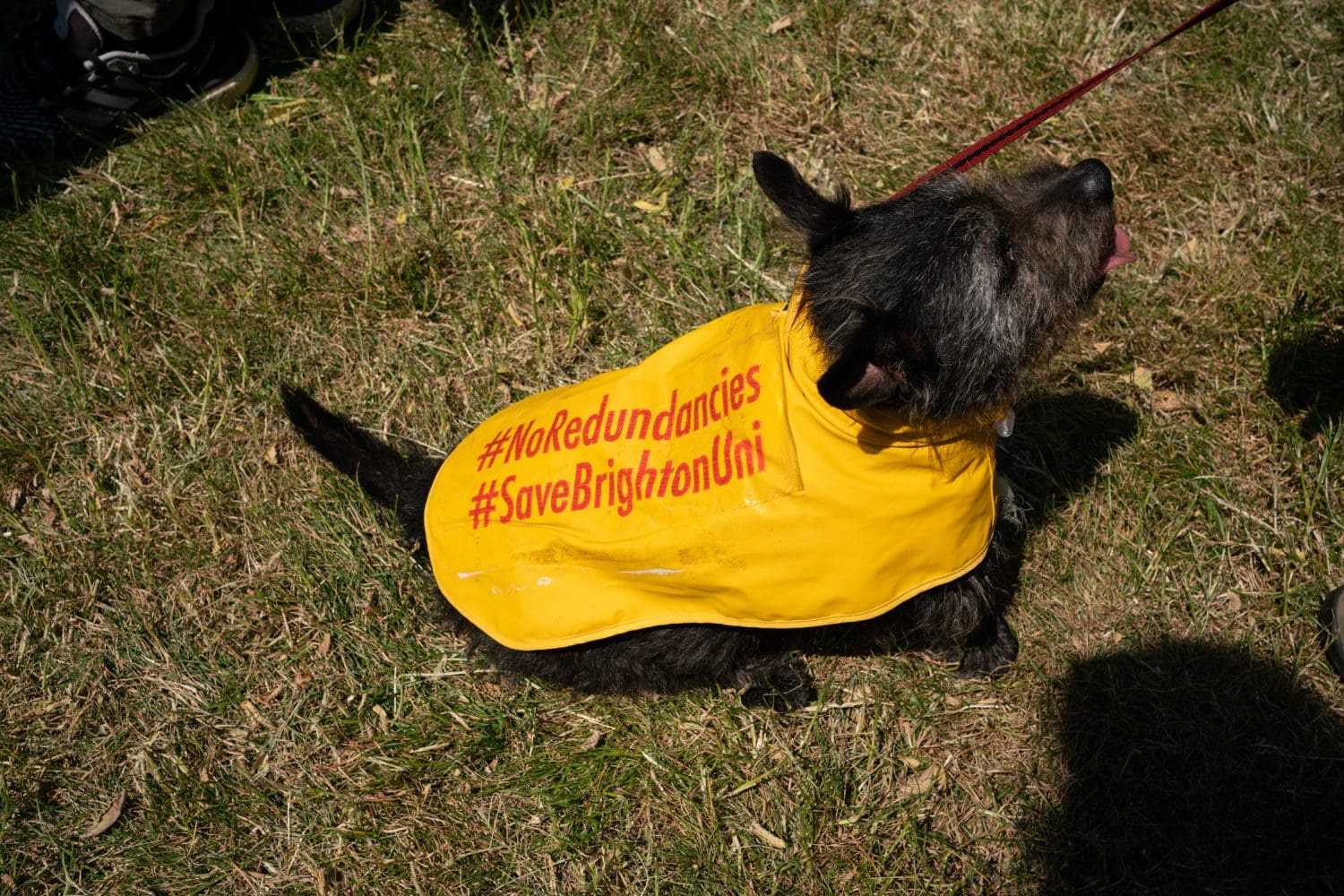
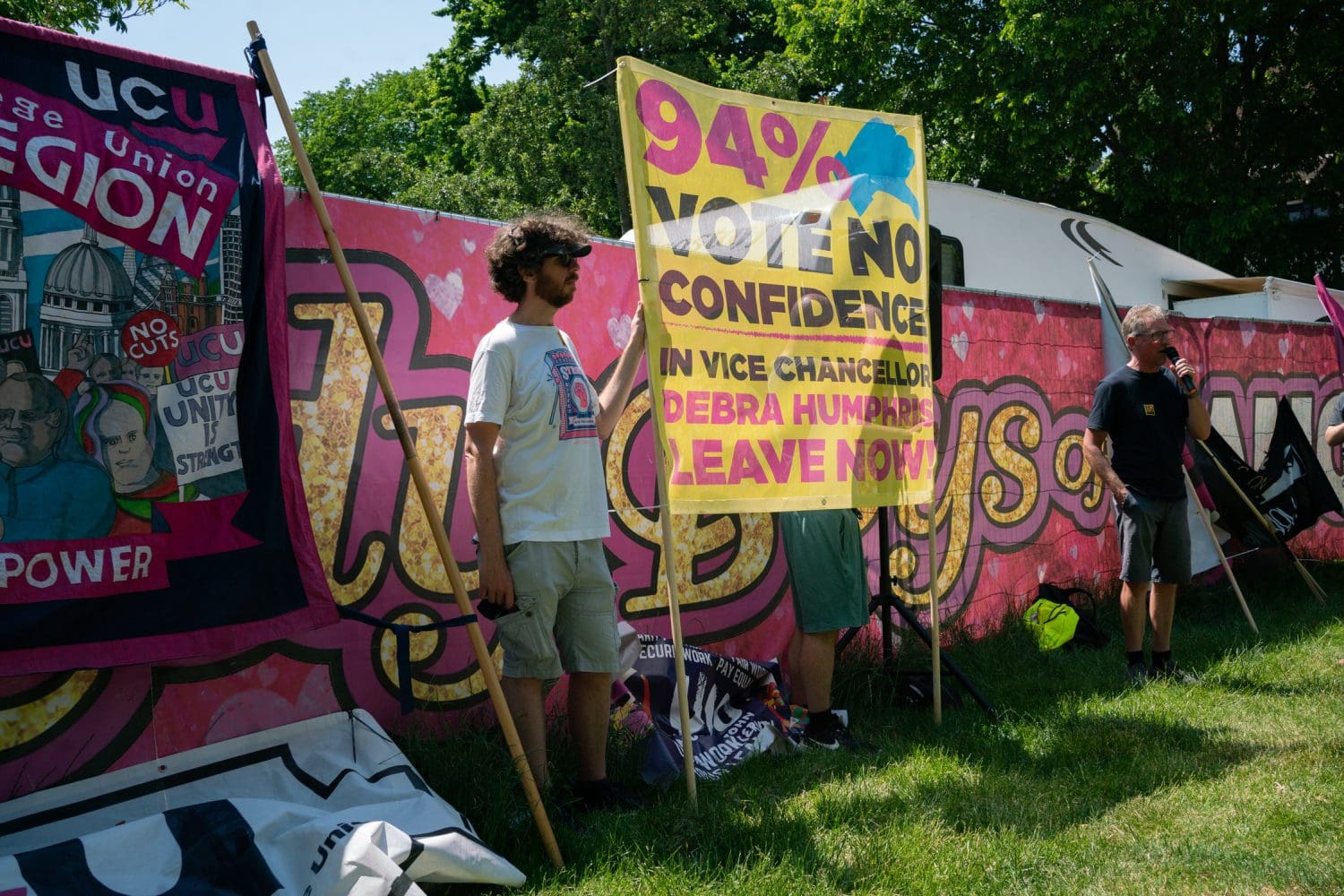


 (@helenmallam)
(@helenmallam) 
 (@GinnyBuckley)
(@GinnyBuckley)  RMT members are again back on the picket lines today in defence of their jobs, pay and conditions.
RMT members are again back on the picket lines today in defence of their jobs, pay and conditions. "We don't want to ruin people attending Beyoncé, the FA Cup, or anything else."
"We don't want to ruin people attending Beyoncé, the FA Cup, or anything else."